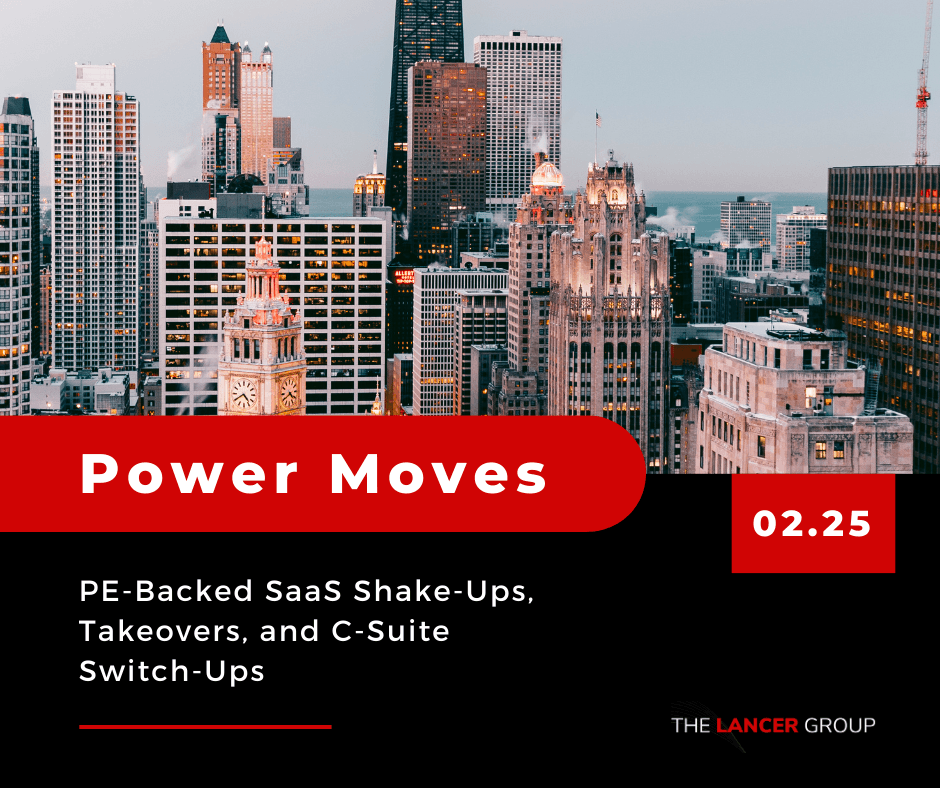
In Conversation with Mike Ettling: On Boards, Trust, and the Bosberaad
When you talk with Mike Ettling about boards, the conversation doesn’t begin in a boardroom. It begins in the bush.
“In South Africa, we call it a Bosberaad,” he told me, “literally a bush meeting. You go off into the wild for strategy sessions, away from the routines and the noise. You wake up early for a game drive, and then you sit down to talk. Being in a new environment—the animals, the disruptions—changes everything. Decisions come faster, conversations are sharper. It’s a different rhythm.”
Mike’s career has followed a path of breaking from convention, always with people at the center. Along the way, he has founded and scaled his own businesses, held senior leadership roles at Unisys and SAP SuccessFactors, and served as CEO of Unit4 (formerly backed by Advent International and now majority-owned by TA Associates and Partners Group). Today, he is Executive Chair of SYSPRO, an Operating Partner at Advent, and continues to invest in and advise emerging tech firms, including serving on the board of HiBoB, a venture-backed HR platform.
True to his South African roots, he brings a practical, no-nonsense approach to leadership, listening carefully, thinking strategically, and valuing the people around him. With that breadth of perspective, we asked Mike what makes boards truly work and what advice he offers both to first-time advisors and to executives stepping into the pressure-cooker world of private-equity-backed leadership.
Our discussion ranged from what might tempt him back into the CEO seat to why the Bosberaad offers lessons that today’s boards still need to hear.
The Fractious First Board Role
Mike’s first experience as a non-executive director was not an easy one. BackOffice Associates (now Syniti), then backed by Goldman Sachs Growth, was ripe with distrust.
“I walked into a very fractious situation. The founders didn’t like the CEO and were quite toxic as a result. The board needed someone who could understand Cloud technology, but also someone who could mentor a CEO in that hostile environment.”
That situation played a big role in shaping his view of what a board member’s role really is.
“The biggest learning in that first role was the simple fact that CEOs don’t have to listen to you. A lot of directors come in still wearing their executive hats, believing they have all the answers. But you’re not there to dictate. You’re there to help them see things they haven’t considered, to shift perspective. The real art is in guiding decision-making without taking the decision away from them. That’s how you build trust. And without trust, you don’t have a board. You just have a table with nameplates.”
Finding Your Niche
When he joins a new board now, Ettling looks for a few practical anchors.
“If it’s a PE deal, I always ask for the original investment case and the due diligence documents. There’s a wealth of information in there that often never gets looked at again.
I’ll also ask for the last two to four board reports. Of course I want to catch up on the facts, but I’m also reading them for tone. How does the team communicate? What did they emphasize? What did they leave unsaid?”
He also meets with every director individually.
“That’s how you work out your niche. Where’s the gap? Maybe no one is looking at go-to-market, so that’s where I’ll try to focus.”
And once he’s in the room, he keeps one principle in mind:
“Use your ears and mouth in the ratio God gave us. Listen twice as much as you talk. And whatever you do, avoid last-word syndrome. It rarely leaves the impression you think it will.”
The CEO Relationship
Trust, for Ettling, is forged in direct conversation.
“I always make time for a one-on-one with the CEO. I’ll ask: ‘How can I add value to your success?’ And then I make myself available. Here’s my WhatsApp, call me anytime. I’m here to support you, not to report back to the PE firm.”
At HiBob, where he advised for years before formally joining the board, those conversations with the CEO are frequent and informal.
“Sometimes it’s a text, sometimes a call. We’re connecting every couple of days. That’s how you build rapport—by showing you’re present and invested.”
He’s blunt about his own filter: “I only want to be on boards where I can add real value. I’m not interested in trophy appointments. Life’s too short for that.”
He also grounds his approach in the African philosophy of ubuntu—'I am because we are'. For Mike, good boards work the same way. Trust, respect and shared responsibility over ego or hierarchy.
Advice for First-Time Advisors & Board Members
Mike doesn’t mince words when it comes sharing advice for new board members:
“Don’t try to be the smartest person in the room. That’s the fastest way to lose credibility. It’s like wearing a MAGA cap at a Democrat convention—you just won’t recover. The advisors who last are the ones who listen, who learn, and who spot the places where their insight genuinely matters.”
Advice for First-Time CEOs
On the other side of the table, Ettling has clear views on what separates strong CEOs.
“The good ones build real relationships with directors. They open up access, let their direct reports engage directly with board members. They don’t gatekeep. In fact, I’ve seen really smart CEOs use their teams to test ideas on directors ahead of a board meeting, so by the time they present, the groundwork is already laid. That’s how you build alignment.”
The mistakes, he says, are often equally apparent to the board.
“I’ve seen CEOs who tried to manage the board chair, to control the message and the flow of information. The board always feels it, and it never works. Those CEOs typically don’t last.”
The Bigger Picture
Ettling has little patience for the boardroom as theater.
“So many boards are just grandstanding forums,” he said. “VC is often worse than PE—you get some unprepared MBA showing up trying to prove how clever they are.”
What actually creates value, in his view, is stripping away the noise.
Perhaps it can be summed up in the simple lesson of the Bosberaad: change the environment, change the conversation. For new board members especially, it’s a reminder that your value isn’t in delivering more of the same, but in bringing the new perspective that helps unlock new ways to create value.
About The Lancer Group
The Lancer Group partners with private equity firms and SaaS portfolio companies to recruit leaders and board members who unlock growth. As a boutique executive recruitment firm, our focus is on building leadership teams and boards that move beyond governance into true value creation.

